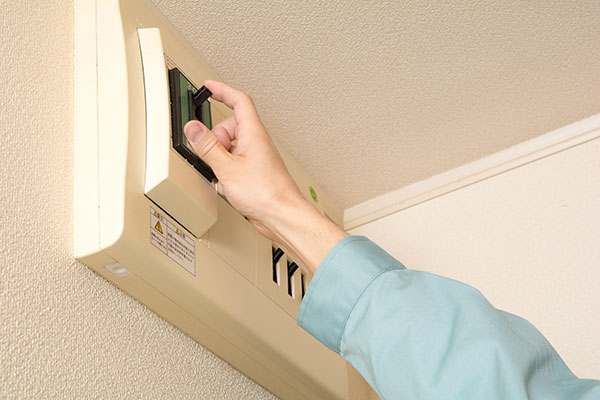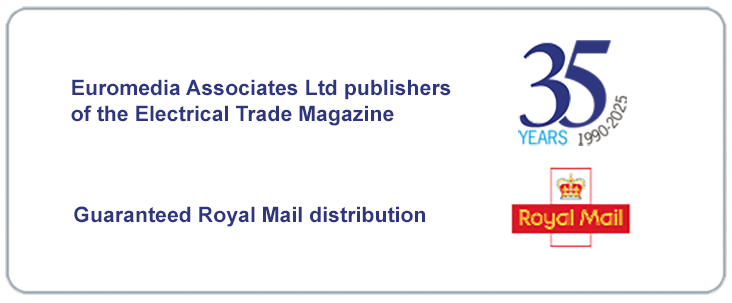When it comes to electrical safety, one of the most important components is the Residual Current Device (RCD). This device is designed to protect against electric shocks and fires by quickly shutting off the power when it detects a fault. However, with the 18th edition of the wiring regulations, there are now different types of RCDs available. In this article, we will discuss the different types of RCDs and how to select the correct one for your needs.

What is an RCD?
Before we dive into the different types of RCDs, it’s important to understand what an RCD is and how it works. An RCD is a safety device that monitors the flow of electricity through a circuit. If it detects an imbalance in the current, it will quickly shut off the power to prevent electric shocks or fires. This is especially important in areas where water is present, such as bathrooms and kitchens.
Type AC RCD
The Type AC RCD is the most common type of RCD and is designed to protect against AC currents. This type of RCD is suitable for most domestic and commercial applications, as it can detect imbalances in both live and neutral currents. However, it may not be suitable for some electronic equipment, as it can cause nuisance tripping.
Type A RCD
The Type A RCD is a more advanced version of the Type AC RCD. It is designed to protect against both AC and pulsating DC currents, making it suitable for electronic equipment. This type of RCD is recommended for areas where electronic equipment is present, such as offices and workshops.
Type F RCD
The Type F RCD is the most advanced type of RCD and is designed to protect against all types of currents, including DC, AC, and pulsating DC. It is recommended for areas where electronic equipment is present, such as hospitals and laboratories. However, it is also the most expensive type of RCD.
Selecting the Correct Type of RCD
When selecting the correct type of RCD, it’s important to consider the type of equipment and the environment it will be used in. For most domestic and commercial applications, a Type AC RCD will suffice. However, if electronic equipment is present, a Type A or Type F RCD may be necessary.
It’s also important to consider the sensitivity of the RCD. The higher the sensitivity, the quicker it will trip in the event of a fault. For areas where water is present, such as bathrooms and kitchens, a higher sensitivity RCD is recommended.
Conclusion
In conclusion, selecting the correct type of RCD is crucial for ensuring electrical safety. The Type AC RCD is suitable for most domestic and commercial applications, while the Type A and Type F RCDs are recommended for areas with electronic equipment. It’s important to consider the sensitivity of the RCD and the environment it will be used in when making your selection.






